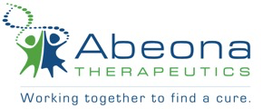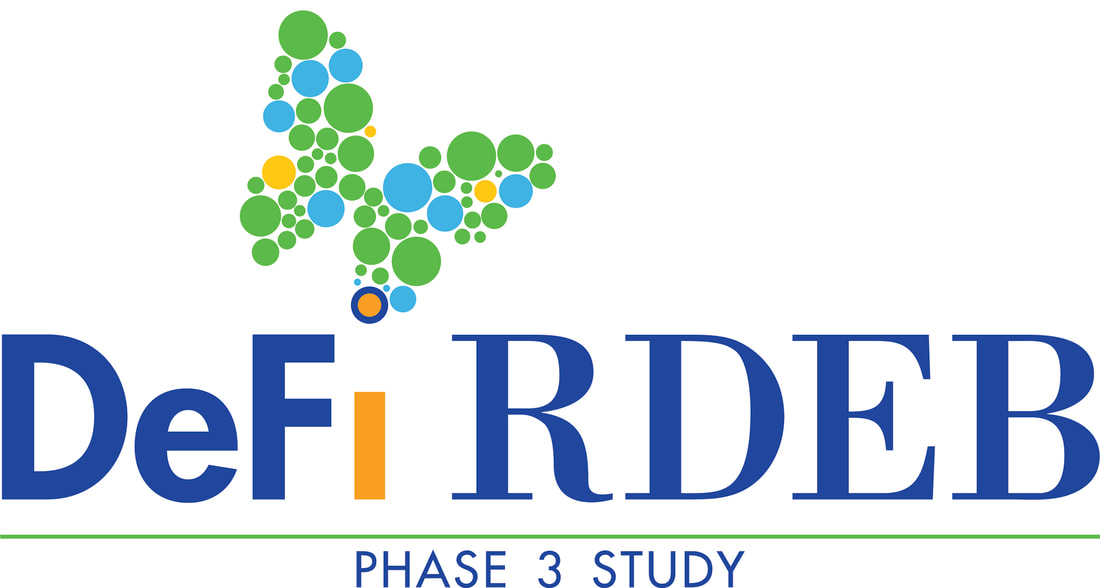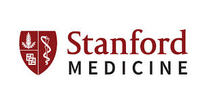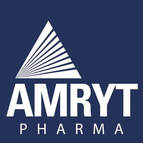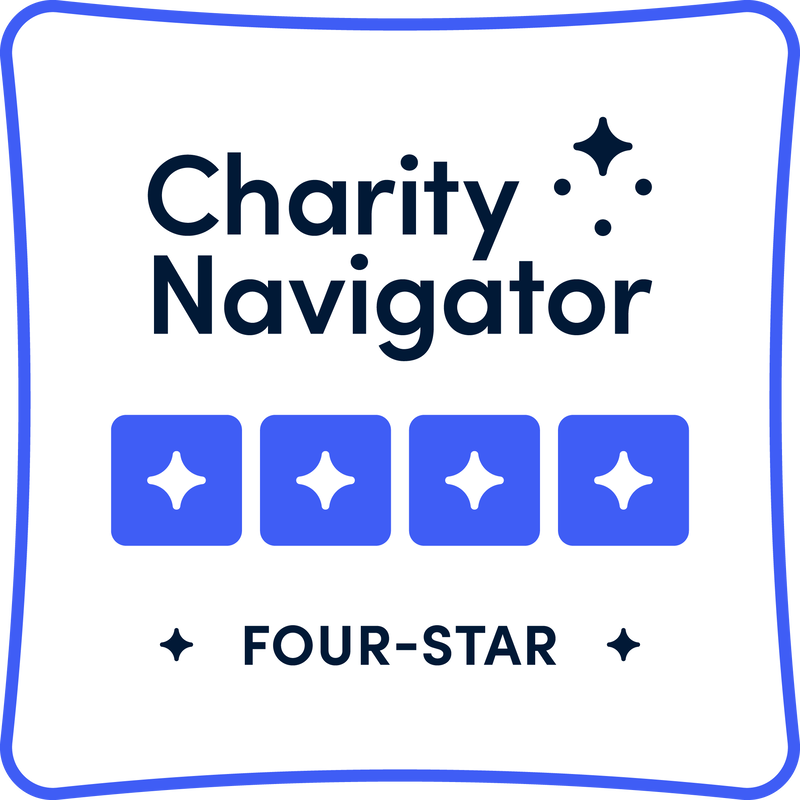EBShield Phase 2/3 Clinical Trial of AC-203 for Severe and Intermediate EBS
|
TWi Biotechnology is currently recruiting patients into the EBShield study, a Phase 2/3 Clinical Trial of AC-203 (diacerein 1% ointment) for the treatment of severe and intermediate epidermolysis bullosa simplex (EBS). Participants will be randomized in a double-blind design to receive the once-daily ointment active drug or vehicle for 8 weeks, after which all participants continue to receive the active drug for 24 weeks.
Individuals 6 months of age or older with severe or intermediate EBS and the KRT5 or KRT14 gene mutation may qualify for this study (previous genetic testing is preferred but not required for eligibility). This trial is currently enrolling at various sites across the United States. For more information and to find the nearest enrollment center, please contact: [email protected] |
Trial of Beremagene Geperpavec (B-VEC) for Dystrophic Epidermolysis Bullosa
VIITAL Study: Pivotal Phase 3 Clinical Trial of EB-101 for RDEB
|
Investigators at Stanford University and the University of Massachusetts Medical School are currently enrolling up to 15 RDEB patients age 6 or older for the VIITAL™ study, evaluating the safety and efficacy of EB-101 for treatment of large, chronic wounds. Additional study centers are expected to begin enrolling patients in Spring/Summer of 2020. Learn more at the links below or contact Abeona at [email protected] or contact the study sites directly:
Stanford University Irene Bailey [email protected] University of Massachusetts Medical School Dr. Karen Wiss [email protected] |
DeFi-RDEB Phase 3 Clinical Trial of FCX-007 for RDEB
|
Castle Creek Biosciences has initiated the DeFi-RDEB Study, a Phase 3 Clinical Trial of FCX-007 (also known as D-Fi) , their gene therapy for treatment of RDEB. Patients with RDEB lack collagen VII. This therapy involves taking cells from a patient and genetically modifying them to express collagen VII protein. These corrected cells are then injected intradermally back into the patient. FCX-007 has received several designations from the US Food & Drug Administration, including Orphan Drug, Rare Pediatric Disease, Fast Track, and RMAT.
This study is currently recruiting patients at Stanford University in Stanford, CA, Dell Children’s Medical Group in Austin, TX, Children’s Hospital Colorado in Aurora, CO, Solutions Through Advanced Research in Jacksonville, FL, and Mayo Clinic in Rochester, MN. |
Phase 1/2 Trial of PTR-01 in Adult Patients With RDEB
|
Phoenix Tissue Repair is currently recruiting adults with RDEB for their Phase 1/2 trial of PTR-01, a protein replacement therapy that uses recombinant type VII collagen, to assess the therapy's safety and efficacy. Preclinical studies of PTR-01 have demonstrated anchoring fibril formation and improved survival in RDEB models. The US FDA and European EMA have gratned Orphan Drug Designation to this therapy. The 3 sites include Stanford University, Children's Hospital Colorado, and Thomas Jefferson University.
|
|
Stanford is recruiting individuals with EB aged 13 and above to test the safety and efficacy of Serlopitant in reducing itch. This drug works by inhibiting the neurokinin-1 receptor. In EB patients, itching leads to increased disease severity by causing individuals to scratch and create new wounds.
|
|
Amryt Pharma has completed the EASE Study, a global Phase 3 Clinical Trial of the topical gel FILSUVEZ® (previously Oleogel-S10 or AP101), to investigate its safety and efficacy in the treatment of EB wounds in patients with Dystrophic EB, Junctional EB, and Kindler Syndrome. In late 2020, Amryt announced positive results from the Phase 3 study and expects to file an New Drug Application with the FDA in 2021.
|
USC's Gentamicin Studies
Researchers at USC are studying Gentamicin as a therapy for RDEB adn JEB causes by nonsense mutations. Gentamicin is an aminoglycoside antibiotic which can override nonsense mutations in DNA sequences, allowing full length, functional proteins to form. USC is currently recruiting for all 3 trials below.
|
Intravenous Gentamicin Therapy for RDEB
Individuals with a nonsense mutation in the Collagen VII gene may be eligibel for this Phase 1/2 Clinical Trial. Previous studies of topical and intradermal gentamicin have shown positive results in Recessive Dystrophic EB patients, so the researchers are testing if intravenous intervention will provide a systemic solution.
Gentamicin for JEB
Individuals with nonsense mutations in the LAMB3 gene may be eligible for this clinical trial. 80% of Herlitz JEB (H-JEB) have LAMB3 mutations, 95% of which are nonsense mutations. The investigators have already demonstrated that Gentamicin induced nonsense readthrough, producing full length protein, in several nonsense mutations. In this trial, Gentamicin will be delivered to 3 subjects intravenously and 3 subjects topically.
Optimizing IV Gentamicin in JEB
Individuals with nonsense mutations in the LAMB3 gene or LAM3A gene may be eligible for this clinical trial. The investigators aim to optimize the intravenous gentamicin regimen for enhanced therapeutic results. The study will measure expression of Lamnin 332 in the skin as well as the safety of the therapy.
|
Stem Cell Transplant
|
Researchers at the University of Minnesota are seeking participants with severe EB to determine if stem cell transplantation of bone marrow or umbilical cord blood from a healthy donor will correct protein deficiencies and reduce skin fragility.
|



